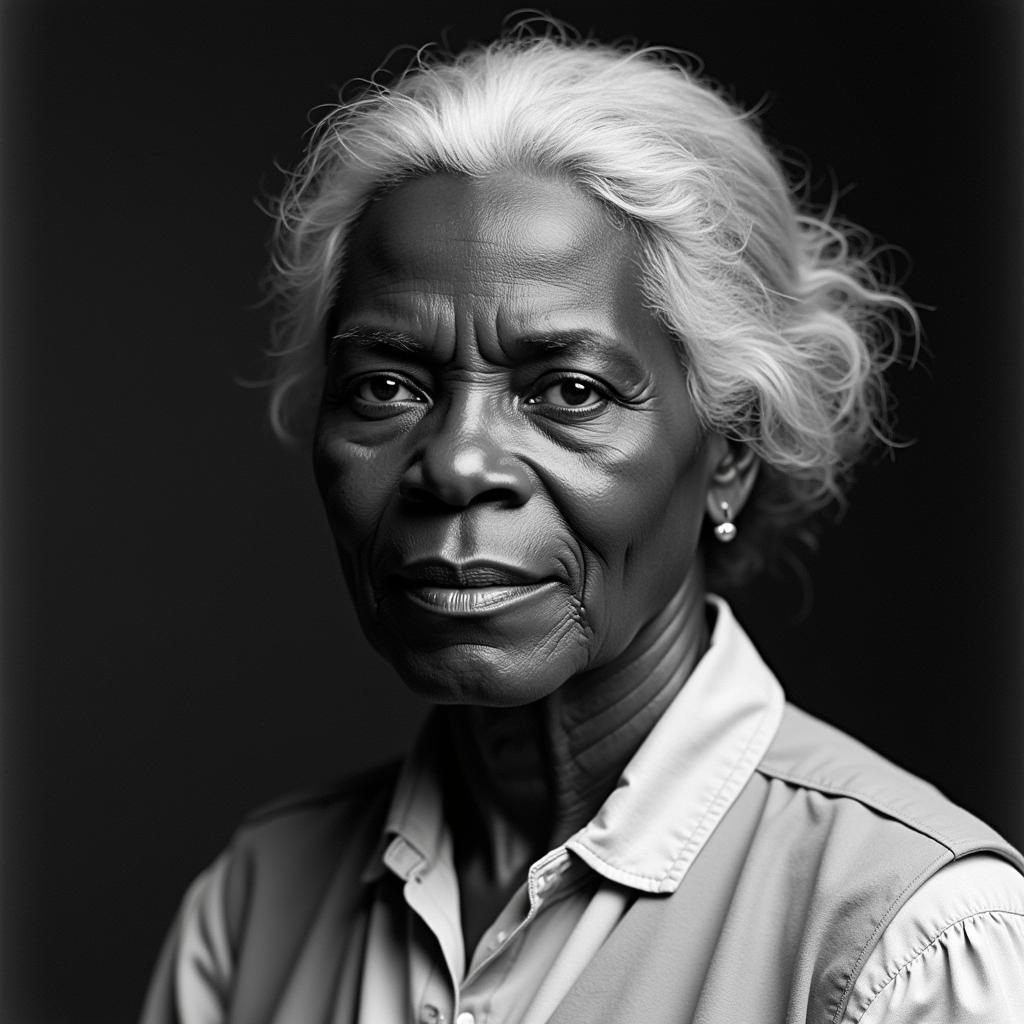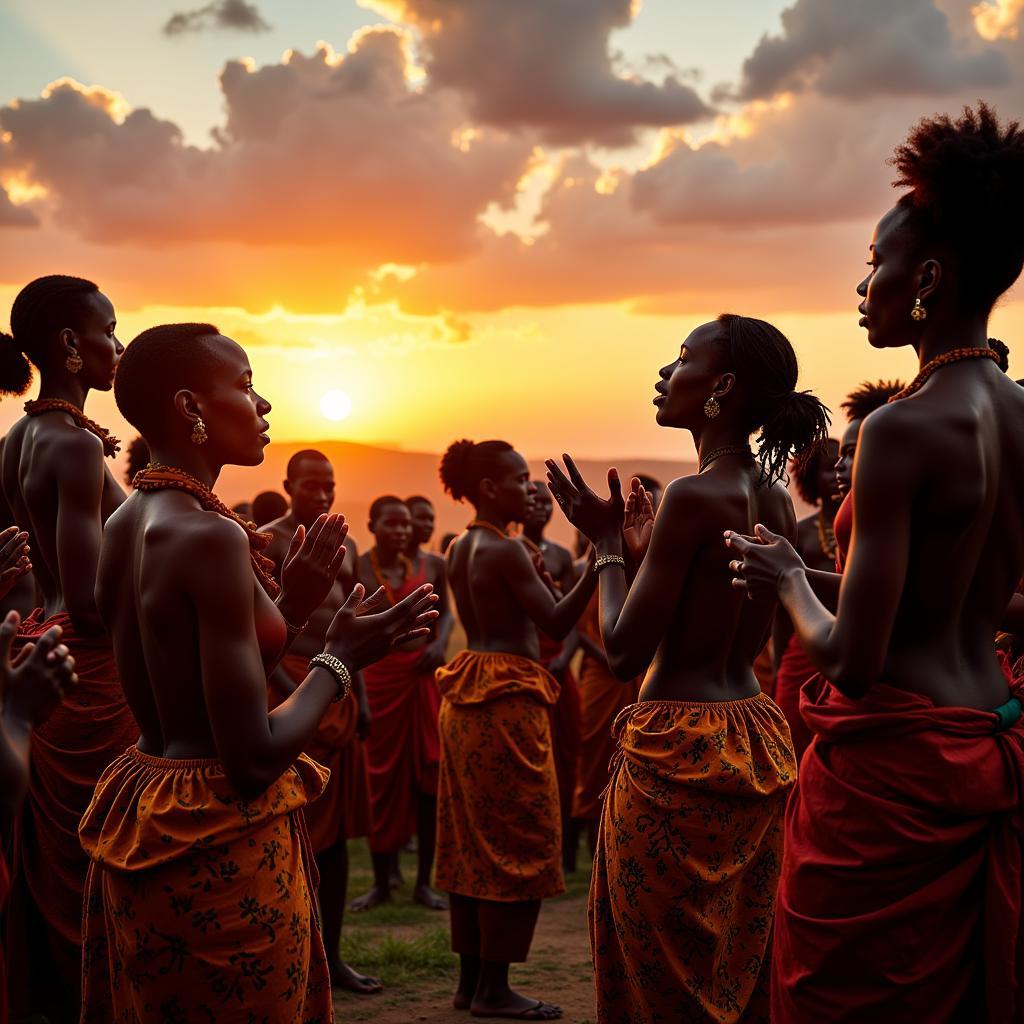The African Influence on African American Culture: Exploring the Roots
The African diaspora has had a profound impact on the world, and its influence can be seen in various aspects of life, including art, music, language, food, and culture. One of the most significant examples of this influence is the impact of African culture on African American culture. From the vibrant traditions of West Africa to the soulful melodies of the blues, African culture has played a vital role in shaping the identity and experiences of African Americans.
The Legacy of Slavery and Resistance
The transatlantic slave trade forced millions of Africans to leave their homeland and endure unimaginable suffering. This forced migration brought with it a profound cultural exchange, as African traditions and customs were passed down through generations, even as enslaved people were stripped of their identities. This resilience and resistance, rooted in African cultural values, paved the way for the rich and complex tapestry of African American culture that we see today.
The Rhythms of Africa: Music and Dance
The impact of African music and dance is undeniably present in the sounds and movements of African American culture. From the spirituals sung by enslaved people to the pulsating beats of jazz and hip-hop, the rhythms of Africa have traveled across generations and continents, influencing countless musical genres.
The Roots of the Blues
As a genre born from the experiences of African Americans in the post-slavery era, the blues draws heavily from the musical traditions of West Africa. The use of call-and-response patterns, polyrhythms, and the emphasis on vocal expression are all key elements of African music that can be found in the blues.
The Dance of Freedom
Similarly, African dance traditions have been ingrained in African American cultural expression. From the joyous steps of tap dancing to the energetic movements of breakdancing, the spirit of African dance can be seen in the way African Americans celebrate, grieve, and connect with each other.
The Power of Storytelling: Folklore and Literature
African storytelling traditions have also played a significant role in shaping African American literature and folklore. The use of symbolism, metaphors, and vivid imagery, common in African oral traditions, can be seen in the works of celebrated African American writers such as Toni Morrison, Maya Angelou, and James Baldwin. These stories often explore themes of resilience, identity, and the search for freedom, reflecting the enduring impact of African culture on African American life.
“The story of the African diaspora is the story of resilience,” states Dr. Abeni Oluwole, a renowned scholar of African diaspora studies. “It’s the story of how people managed to maintain their identity and culture, even in the face of oppression.”
Food and Feasts: Sharing and Celebration
African American cuisine is a testament to the merging of African culinary traditions and American ingredients. From the savory flavors of soul food to the vibrant dishes of Caribbean cuisine, the impact of Africa is evident in the ingredients, cooking methods, and social significance of food.
The Importance of Family Meals
In many African cultures, food is seen as a symbol of community and family. This tradition of sharing meals and gathering around the table is reflected in African American culture, where food plays a central role in family gatherings, celebrations, and cultural events.
“African food is more than just a meal; it’s a way of life,” says Chef Babatunde Adebayo, a renowned chef who specializes in traditional African cuisine. “It’s about celebrating the connection between people, land, and culture.”
The African Influence Today
The African influence on African American culture continues to evolve and adapt in the 21st century. From the growing popularity of Afrobeat music to the resurgence of interest in traditional African clothing, the connections between Africa and the African diaspora are becoming increasingly visible and celebrated.
Conclusion
The African influence on African American culture is a testament to the enduring power of heritage and the resilience of a people who have overcome unimaginable adversity. Through music, dance, storytelling, food, and countless other expressions, the impact of Africa continues to shape the lives and experiences of African Americans today. Understanding this influence is crucial for appreciating the rich and multifaceted tapestry of African American culture.
FAQ
1. How has African culture impacted African American music?
African music traditions have influenced countless musical genres, from the blues to jazz to hip-hop. These influences can be seen in the use of polyrhythms, call-and-response patterns, and vocal expression.
2. What are some examples of African storytelling traditions in African American literature?
The use of symbolism, metaphors, and vivid imagery, common in African oral traditions, can be seen in the works of celebrated African American writers such as Toni Morrison, Maya Angelou, and James Baldwin.
3. How has African food culture influenced African American cuisine?
African American cuisine is a blend of African culinary traditions and American ingredients. From the savory flavors of soul food to the vibrant dishes of Caribbean cuisine, the impact of Africa is evident in the ingredients, cooking methods, and social significance of food.
4. What is the significance of African dance in African American culture?
African dance traditions are deeply embedded in African American cultural expression. From the joyous steps of tap dancing to the energetic movements of breakdancing, the spirit of African dance can be seen in the way African Americans celebrate, grieve, and connect with each other.
5. How is the African influence on African American culture evolving today?
The African influence on African American culture is becoming increasingly visible and celebrated, with the growing popularity of Afrobeat music, the resurgence of interest in traditional African clothing, and a deeper exploration of the African diaspora’s history and identity.


